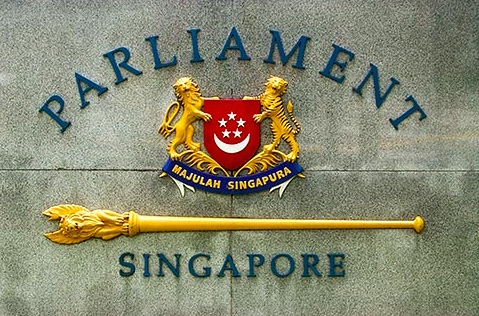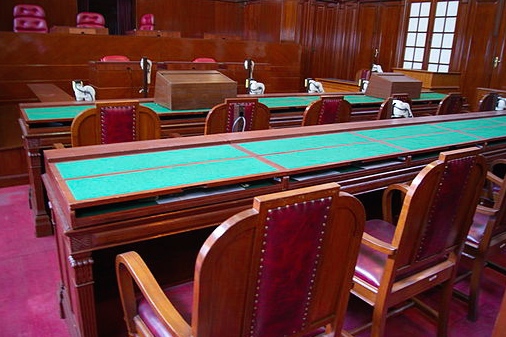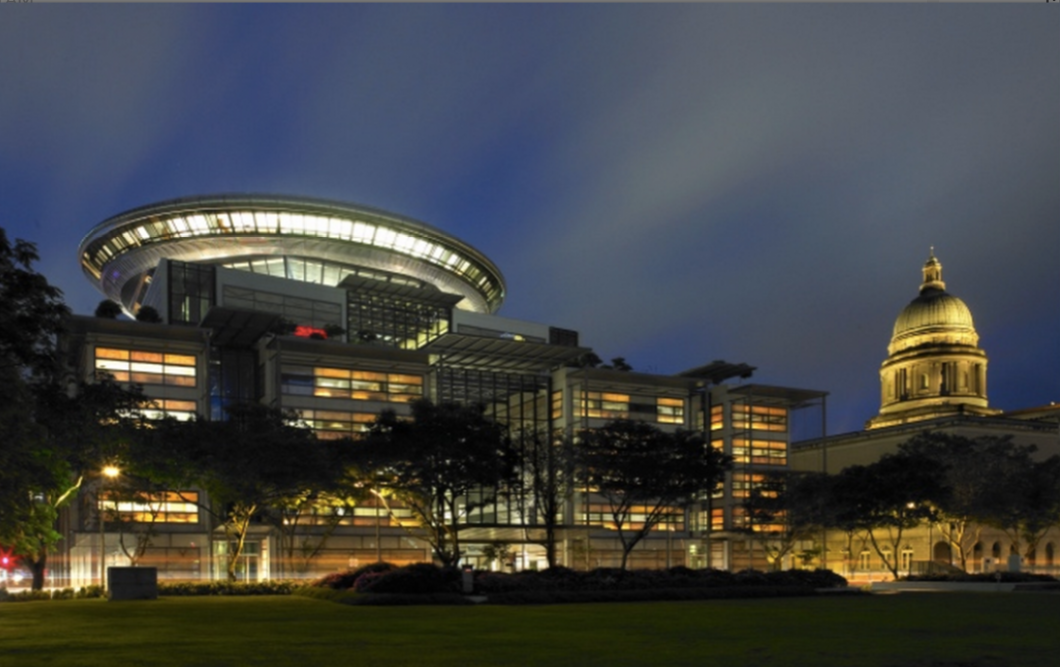
KNOWLEDGE BASE Government - Law in Singapore
The information on this page was current at the time it was published. Regulations, trends, statistics, and other information are constantly changing. While we strive to update our Knowledge Base, we strongly suggest you use these pages as a general guide and be sure the verify any regulations, statistics, guidelines, or other information that are important to your efforts.
Government and Law in Singapore
History
Singapore is a city-state located at the southern tip of the Malay Peninsula, about 85 miles (137 kilometres) north of the Equator. A parliamentary republic, Singapore’s 50th anniversary was August 9, 2015. Having gained its independence from Great Britain in 1959, it joined the Malaysian federation in 1963, which it left in 1965. At the time of its independence in 1959, Lee Kuan Yew, a Cambridge-educated lawyer and one of Singapore’s co-founders, became the prime minister after his party won a majority of seats in the country’s first general election. He held this position until 1990 and is credited with being instrumental in making Singapore what it is today. After leaving the prime minister position, he remained as a senior cabinet minister until his death at the age of 91 in March of 2015. Lee’s son, Lee Hsien Loong, assumed the office of Prime Minister in 2004. Tharman Shanmugaratnam was elected as Singapore's President in September 2023.
Lee Kuan Yew played a very significant role in shaping the successful Singapore we see today. When Singapore was formed, he was determined to build a country with a highly educated workforce that was welcoming to foreign investors. It has become a major financial center, as well as a well-respected strategic and economically successful country. This did not come without tight controls, including a clampdown on the press with restrictions that are still in place. Yew believed that an authoritarian approach would result in creating the Singapore we see today. While there are some who question his methods, it’s clear that Singapore is a shining example of a modern and successful country.
At the end of the day what have I got? A successful Singapore.
What have I given up? My life.
Lee Kuan Yew
From the time Lee came to power, the one-party political system has featured the People’s Action Party (PAP). Over the years, the PAP has developed a stable and corruption-free government, marked by strong central development planning and social policies. Though at times it can be deemed paternalistic and authoritarian in its practices, and though it has retained a one-party dominance, PAP has maintained its large popular mandate. The policies of the PAP have led to very little crime, a very clean city-state, and virtually no political corruption. Singapore rates toward the top of most human-development factors such as life expectancy, infant mortality, and income per person.
On the 15th of January, 1991, the Singapore government adopted the “Five Shared Values”, the aim being to help create a single Singaporean identity that would bring together the various aspects of the country’s multicultural heritage and the values and attitudes that have helped make Singapore successful. As Singapore was becoming more and more exposed to Western values, the goal was to help Singapore retain its core Asian values.
The Five Shared Values are:
1. Nation before community and society above self
2. Family as the basic unit of society
3. Community support and respect for the individual
4. Consensus, not conflict, and
5. Racial and religious harmony
These shared values will influence many of your business relationshiops in Singapore and should inform how you interact with your Singaporean counterparts.
The government and legal structure of a country should absolutely contribute to your decision to enter that market, and we've gathered related information here to help you better understand Singapore.
Government Structure

Singapore’s government is comprised of the Legislature, Executive, and Judiciary. The Legislature includes elected and non-elected members of the Parliament and an elected president. The Parliament’s chief task is to enact the laws of Singapore. The President heads the Executive, which also includes the Cabinet. The Cabinet is responsible for the general direction of the government and is accountable to the Parliament, and as such, there is not a complete separation of powers between the Legislature and Executive.
Legal Structure
Singapore is a common law jurisdiction with its roots in English law and practice. Since self-governance in 1959 and independence from Malaysia in 1965, Singapore has established legislation and case law unique to its social and economic circumstances. However, English and Commonwealth case law is still persuasive in Singaporean courts, particularly in contract, tort, and restitution. Singapore has in place a comprehensive two-tier judicial system.
 State Courts include the District Courts, Magistrates’ Courts, and the Small Claims Tribunals, which hear civil cases where disputed amounts do not exceed $250,000, $60,000, and $10,000 respectively. The State Courts also include a number of specialized courts and the Court Mediation Centre. The second tier of the judicial system is the Supreme Court, which is made up the High Court and the Court of Appeal. The Court of Appeal is the highest court in Singapore. The Supreme Court hears criminal matters and civil claims exceeding $250,000. Mediation and arbitration are widely used as alternative dispute resolution processes in Singapore.
State Courts include the District Courts, Magistrates’ Courts, and the Small Claims Tribunals, which hear civil cases where disputed amounts do not exceed $250,000, $60,000, and $10,000 respectively. The State Courts also include a number of specialized courts and the Court Mediation Centre. The second tier of the judicial system is the Supreme Court, which is made up the High Court and the Court of Appeal. The Court of Appeal is the highest court in Singapore. The Supreme Court hears criminal matters and civil claims exceeding $250,000. Mediation and arbitration are widely used as alternative dispute resolution processes in Singapore.
Singapore is the pre-eminent legal and business centre in this part of the world.
John Townsend, American Arbitration Association
Legal Landscape
Singapore is a prime destination for international commercial dispute resolution. Singapore has long been recognized as a hub for international arbitration and mediation. In January 2015, Singapore officially launched its International Commercial Court. Singapore’s legal system provides litigants and business people alike with a feeling of stability, certainty, and integrity in the rule of law and judicial process. In 2015, Singapore ranked 9th out of 102 in the World Justice Project’s Rule of Law Index.
Court Costs and Legal Fees
Conditional and contingency fee agreements are prohibited in Singapore, although there is a current public policy debate as to whether or not that should be changed through legislation. If a litigant is unsuccessful, he must pay his attorney’s fees and will almost always be ordered to reimburse the successful party for court costs and some of his attorney’s fees. Insurance can be used to fund litigation.

KNOWLEDGE BASE Government - Law in Singapore


